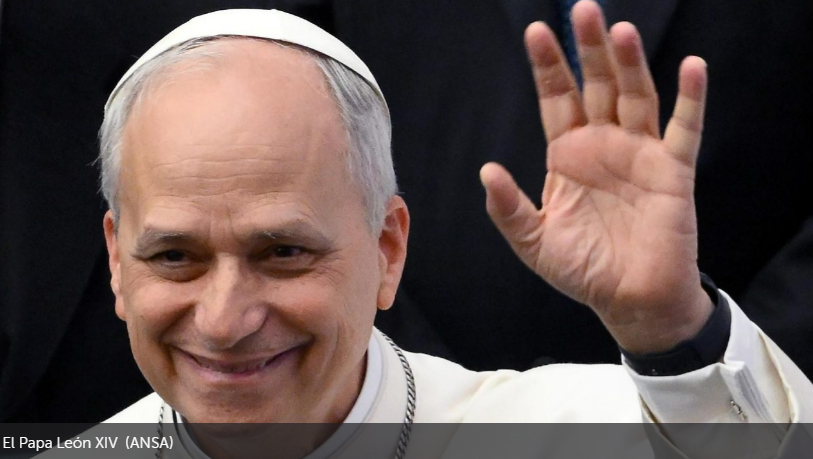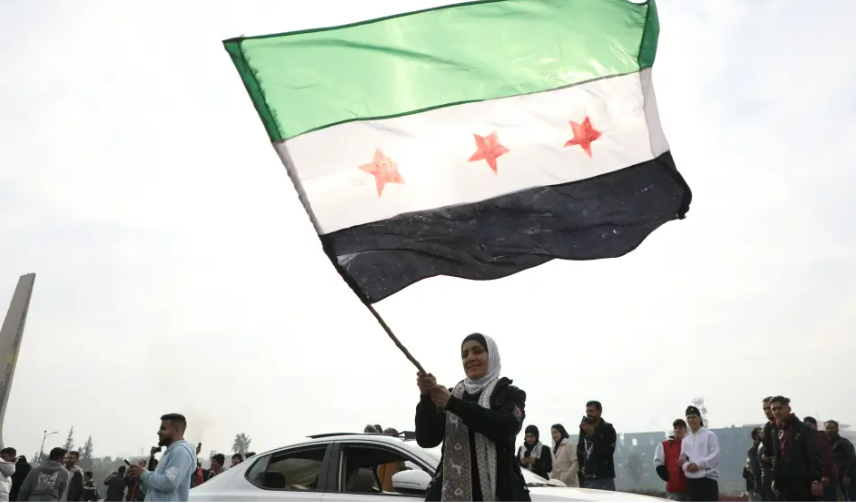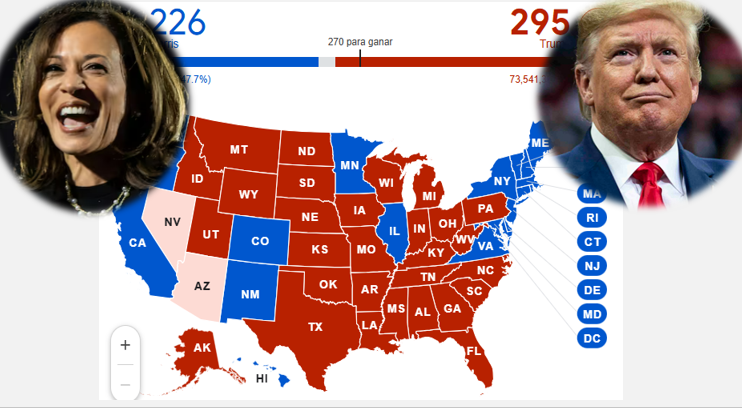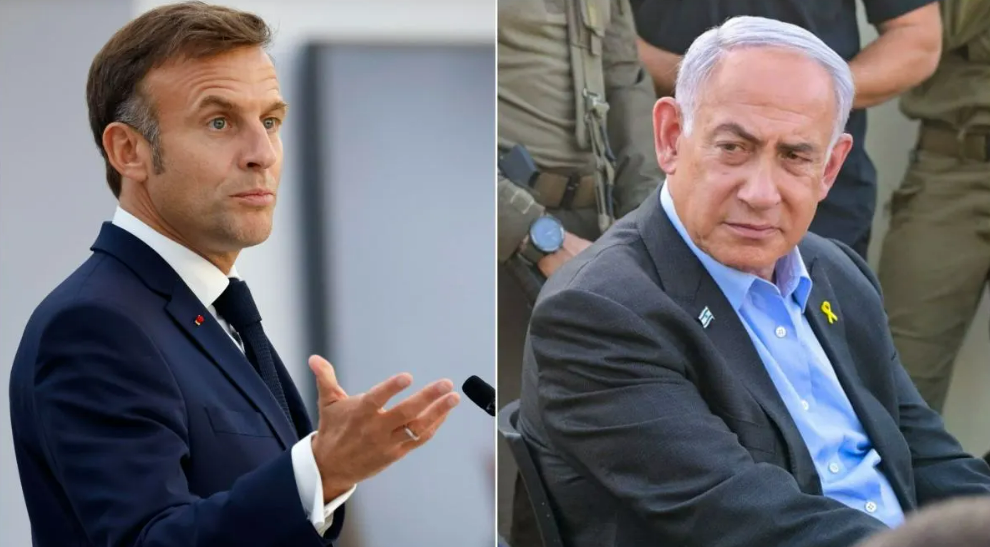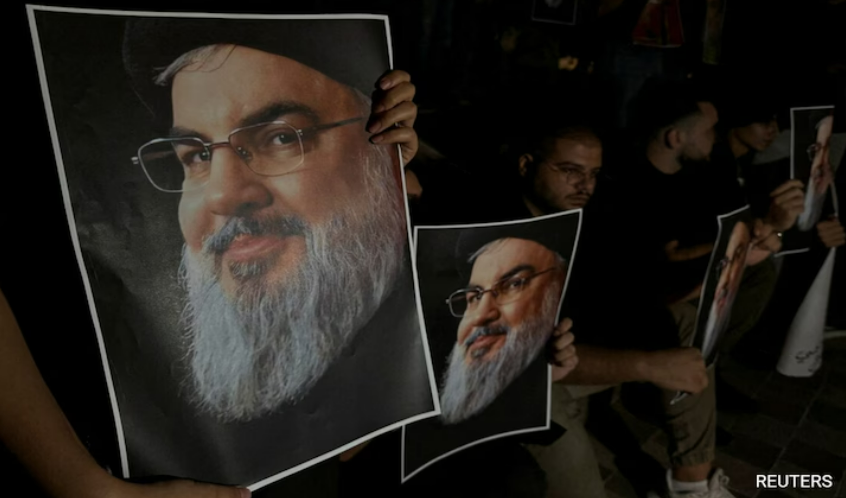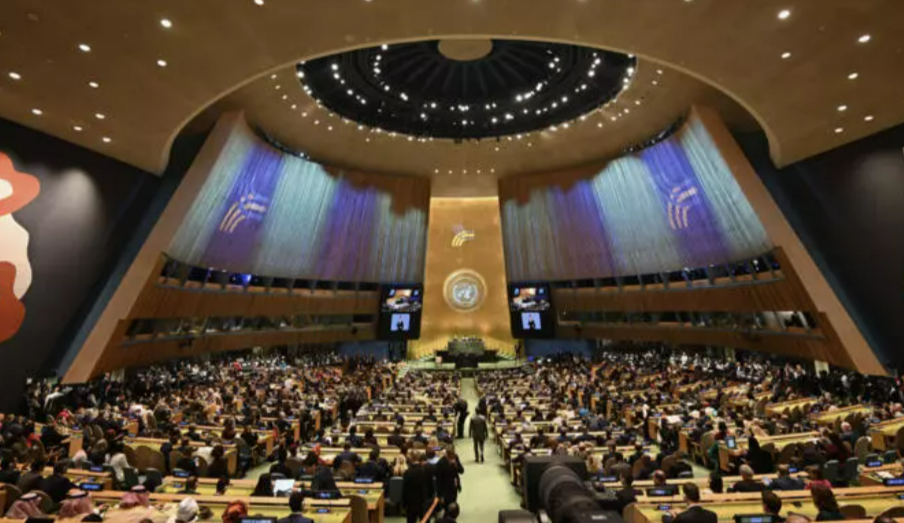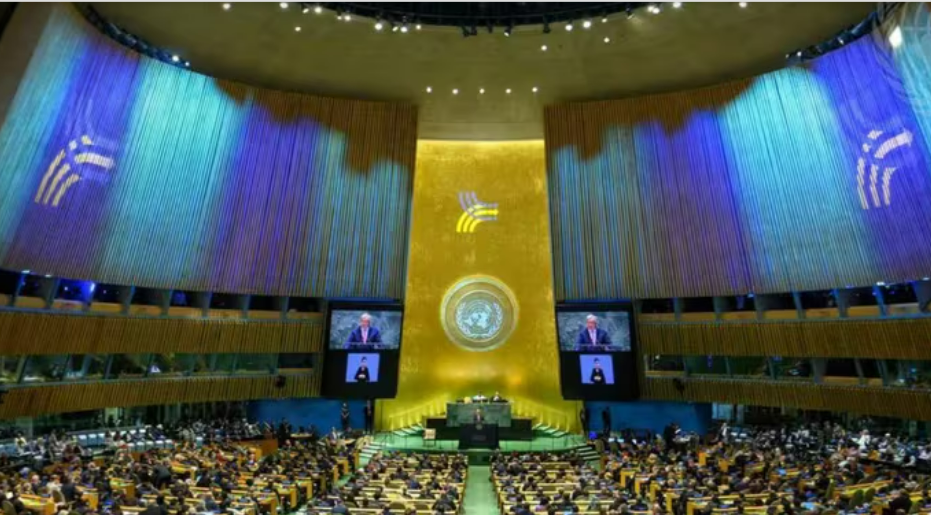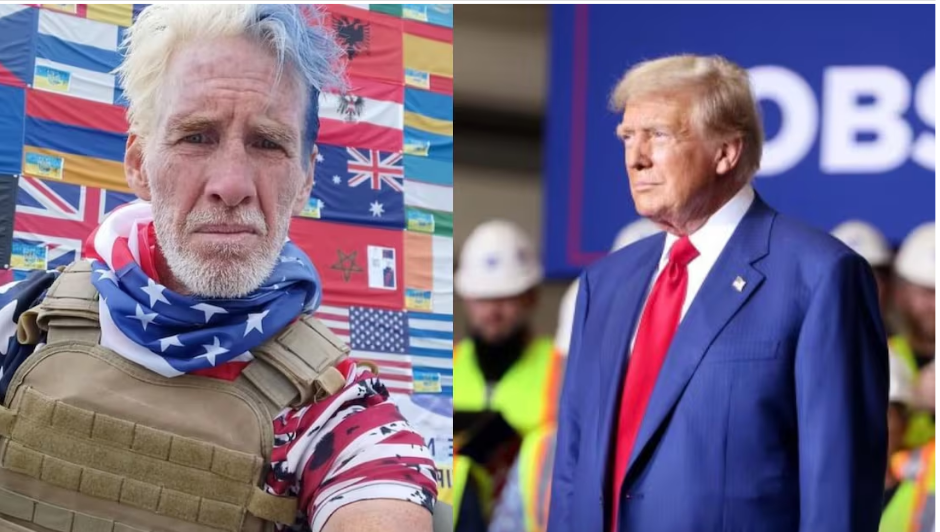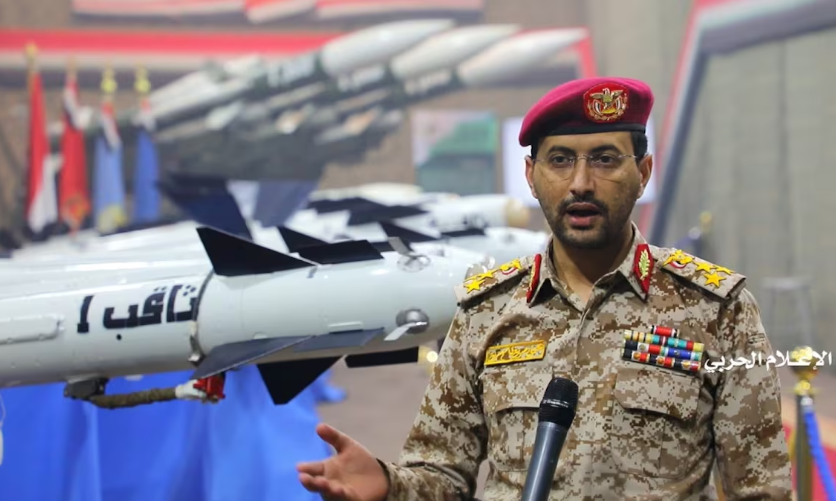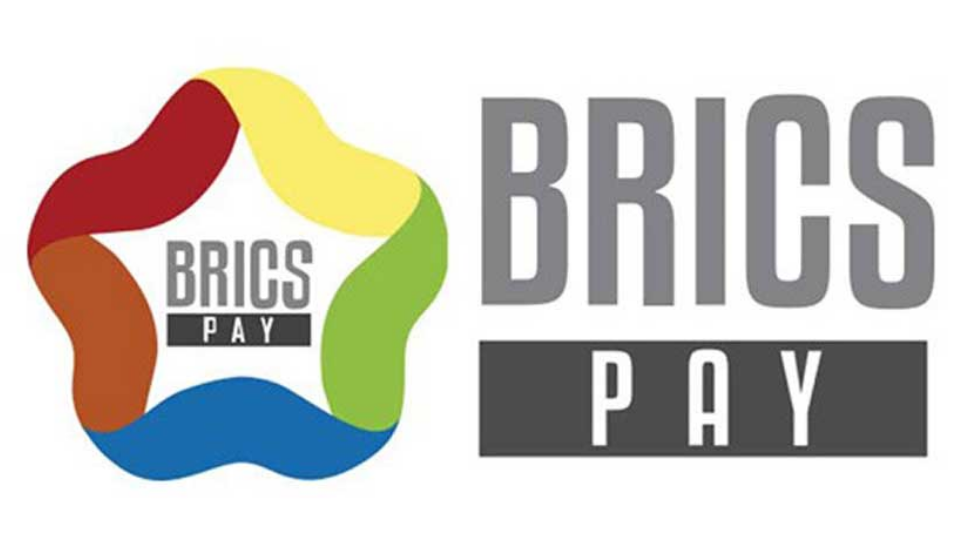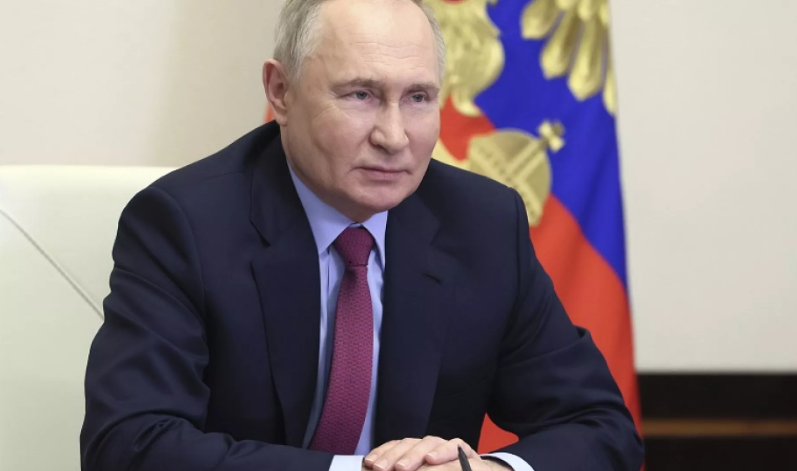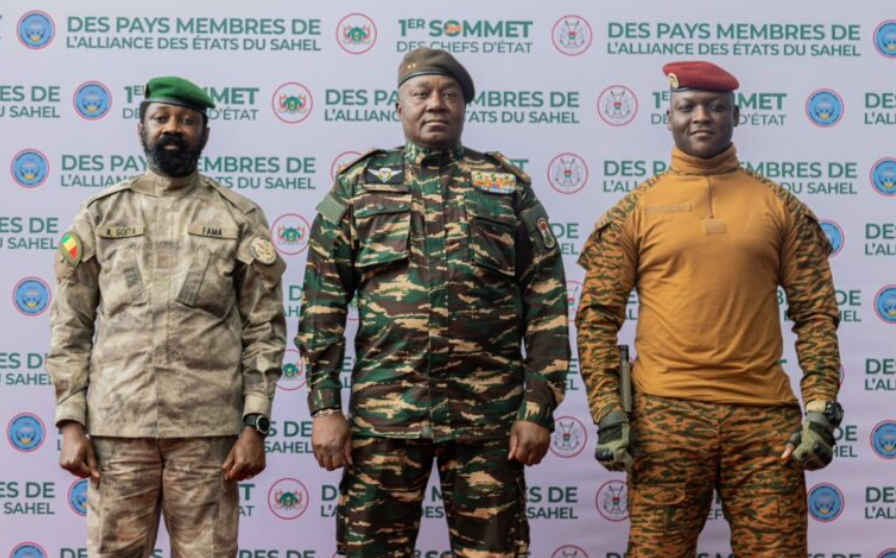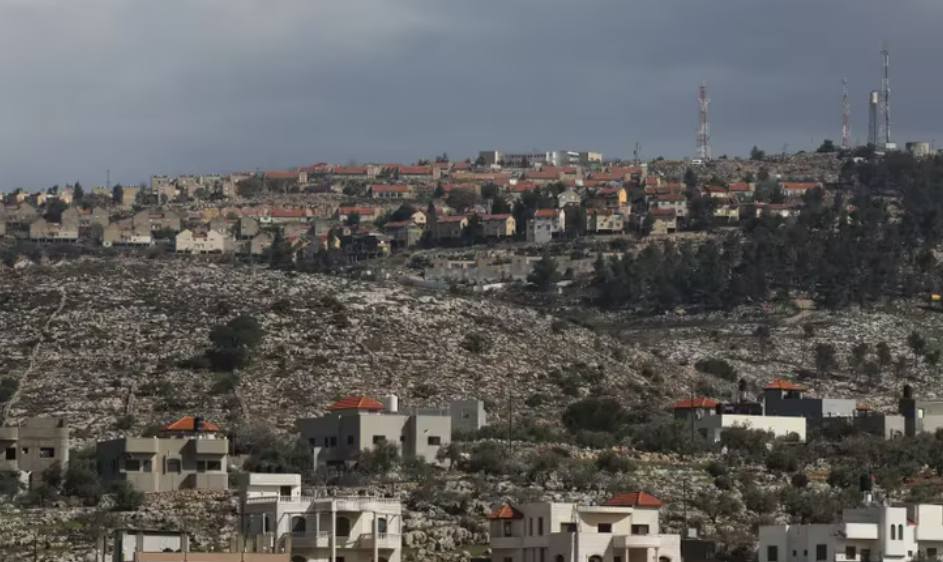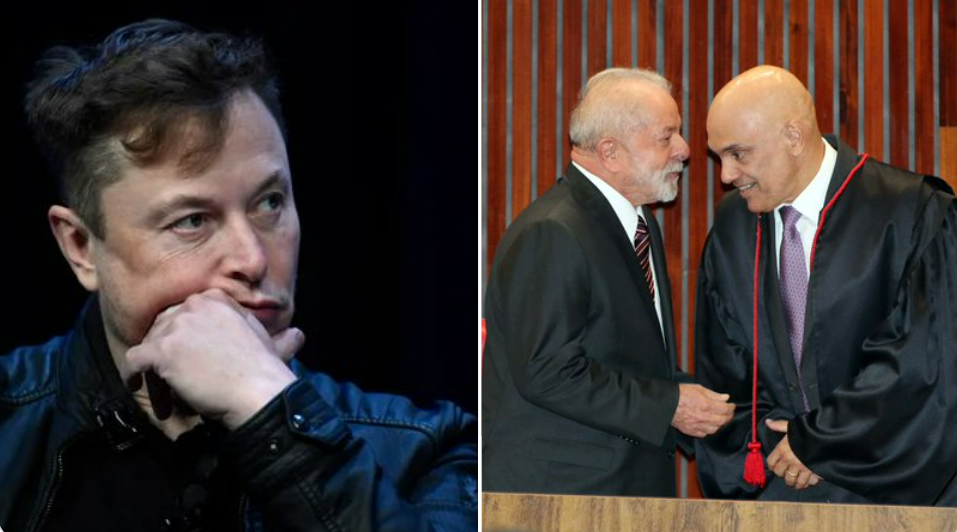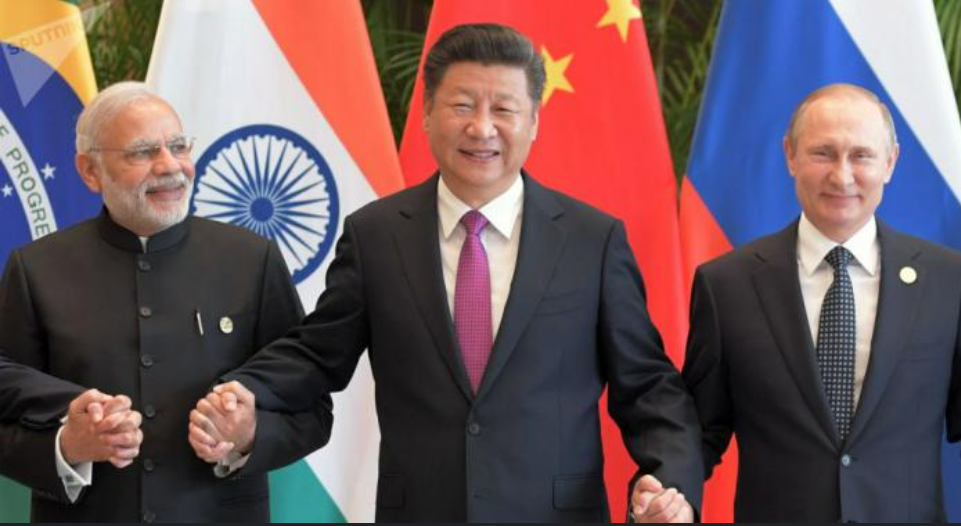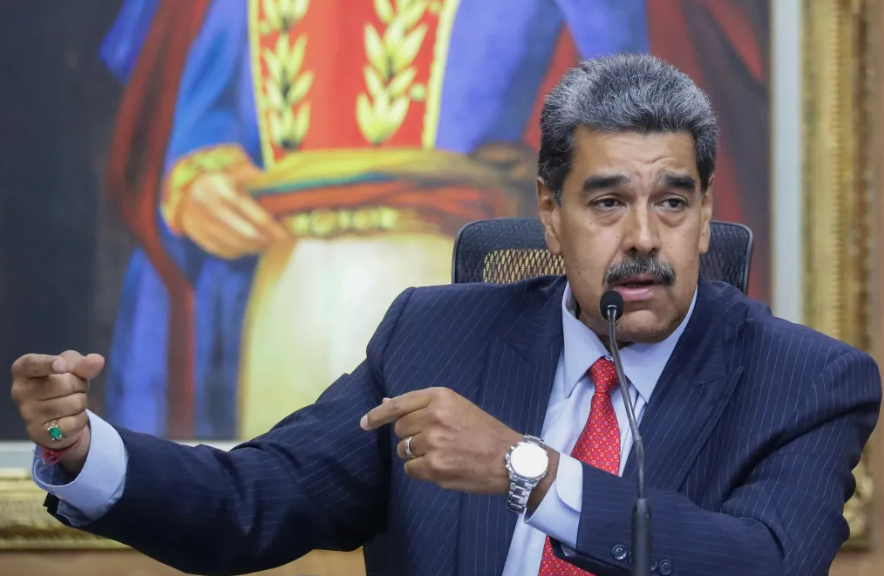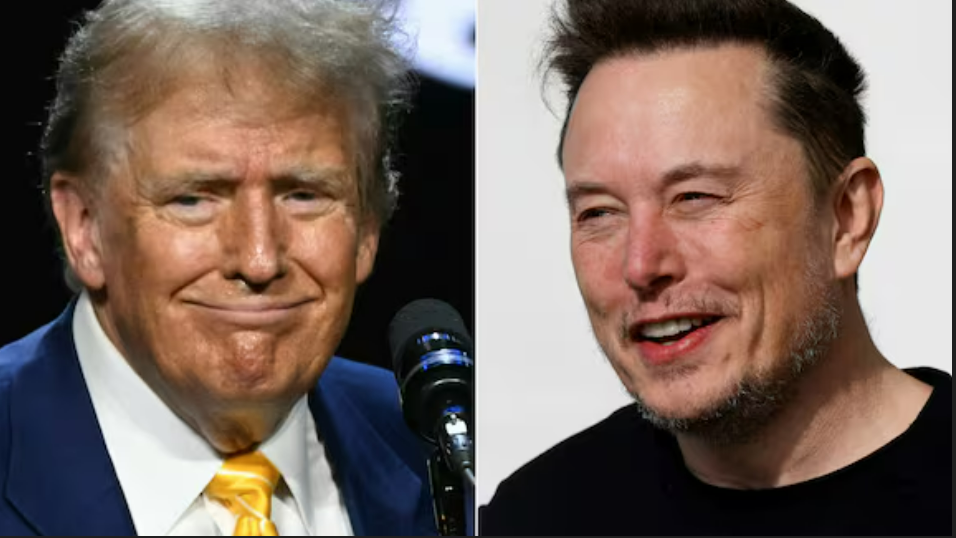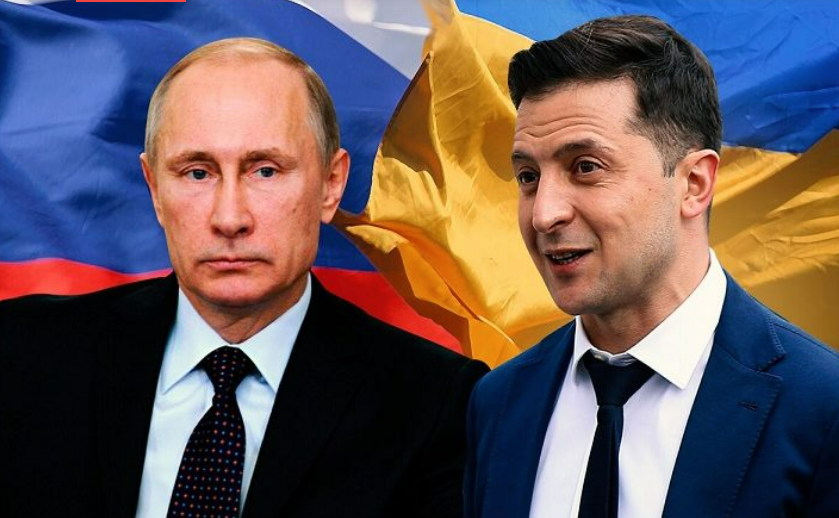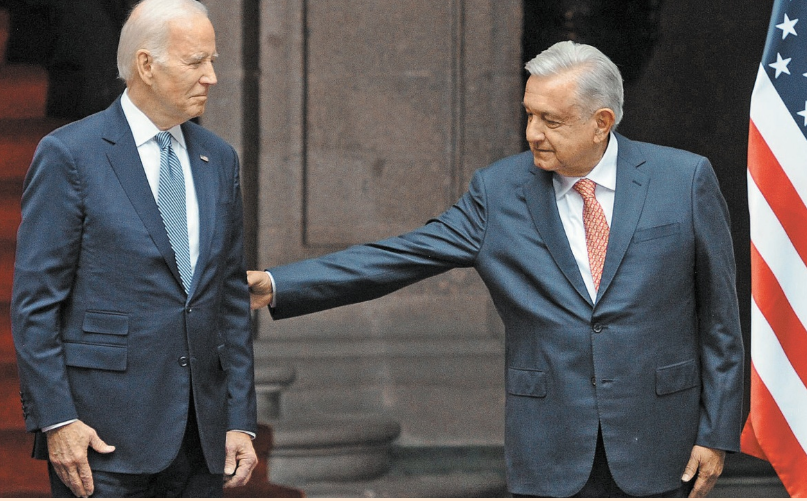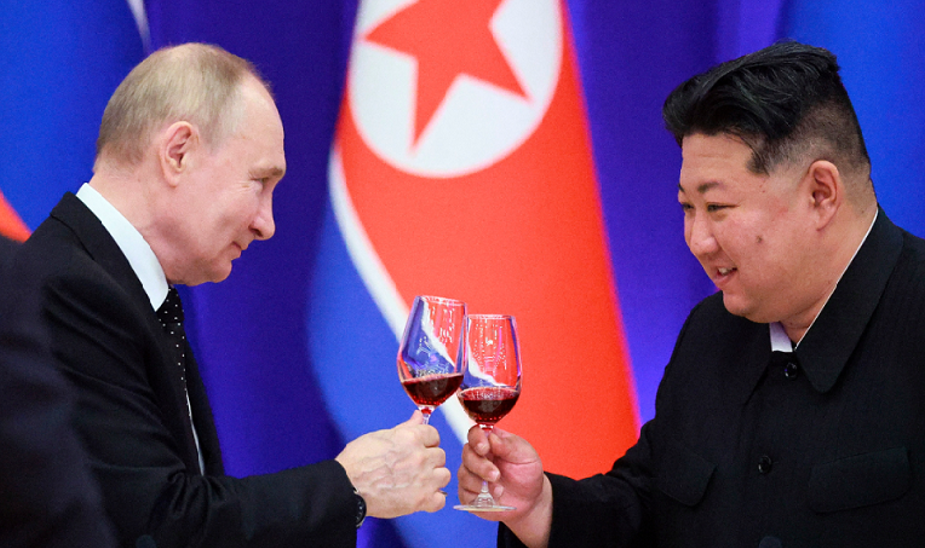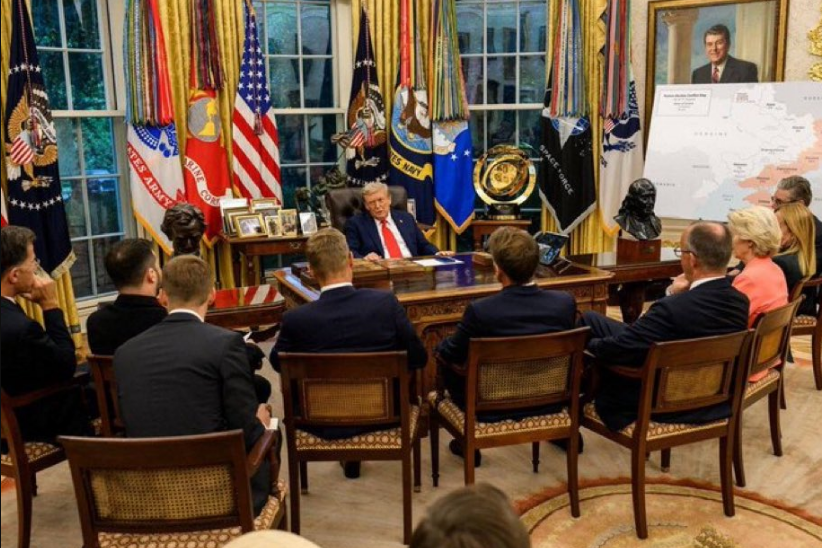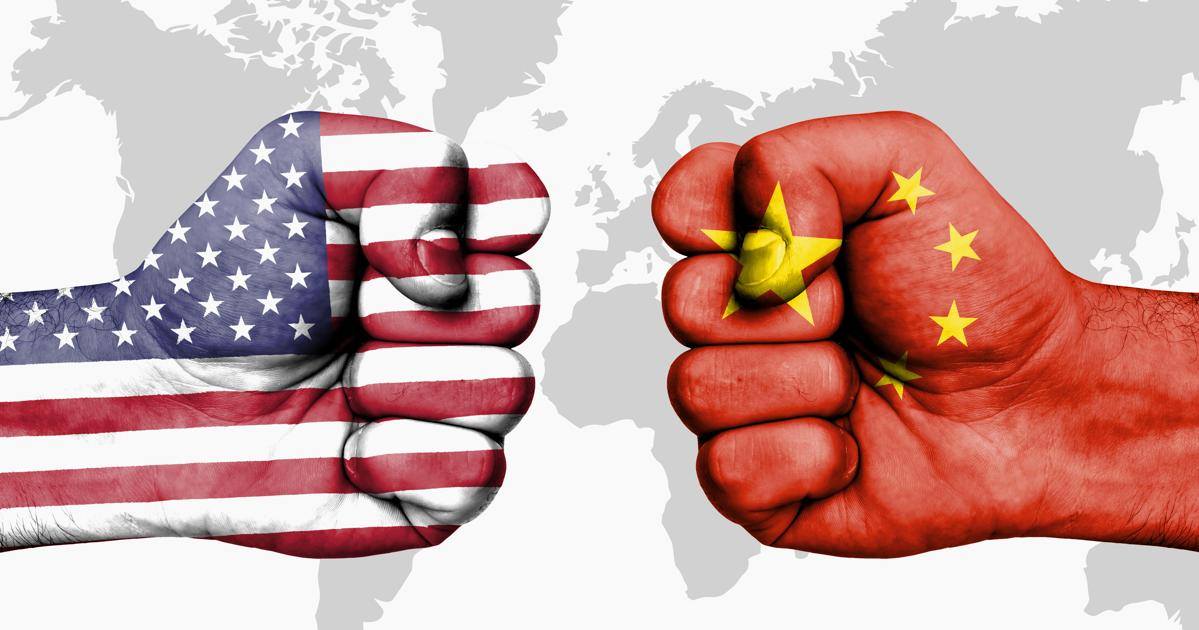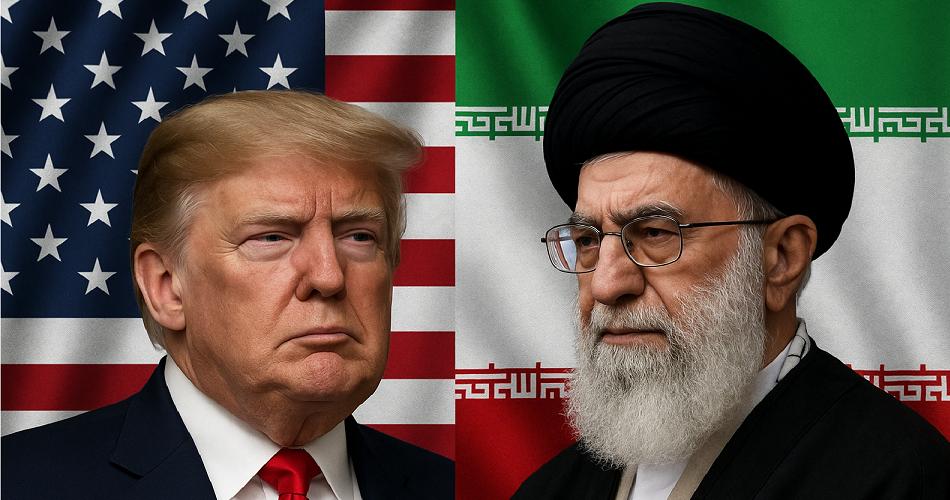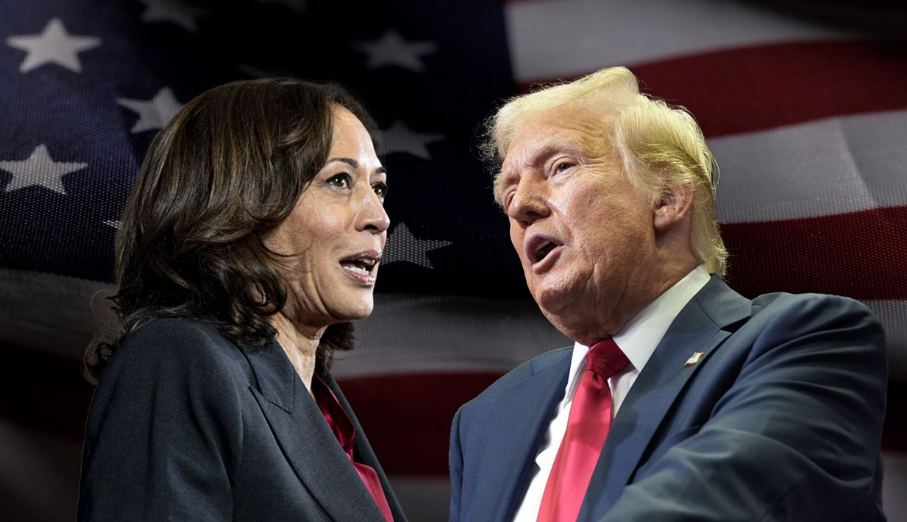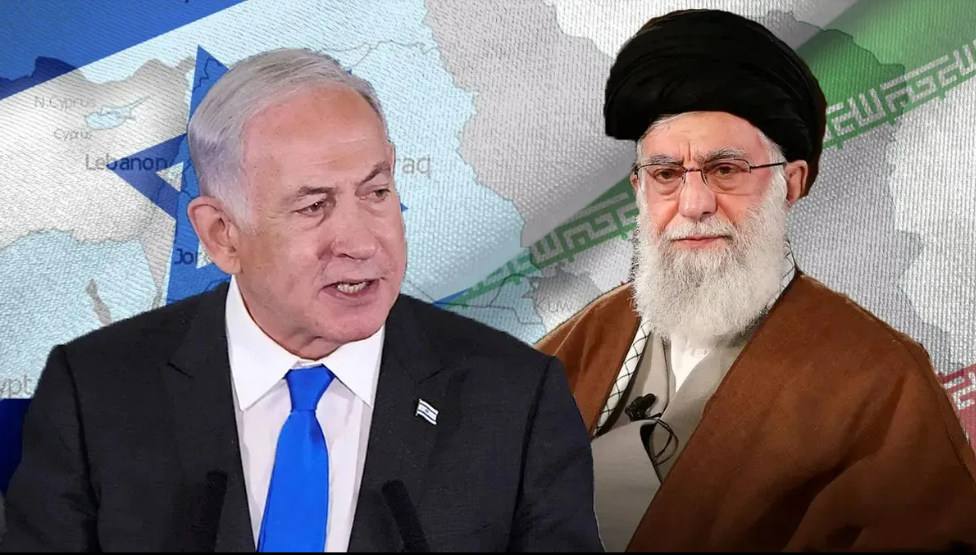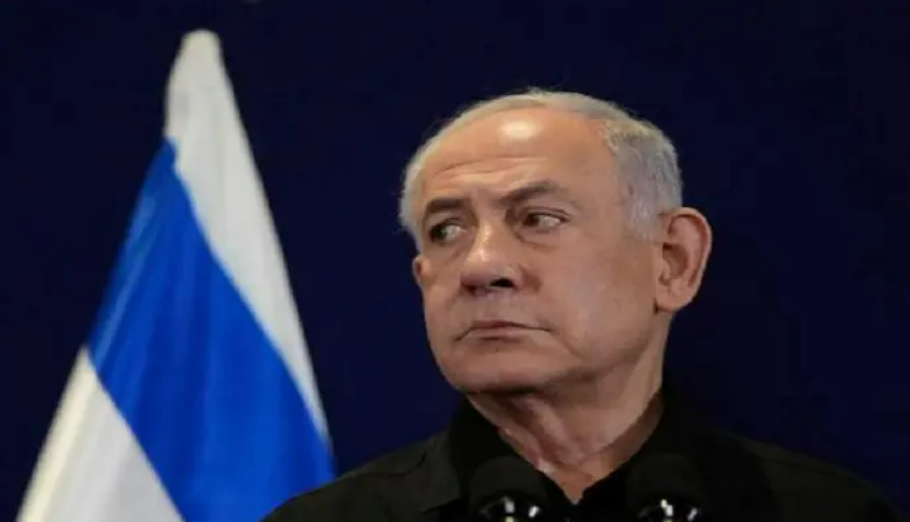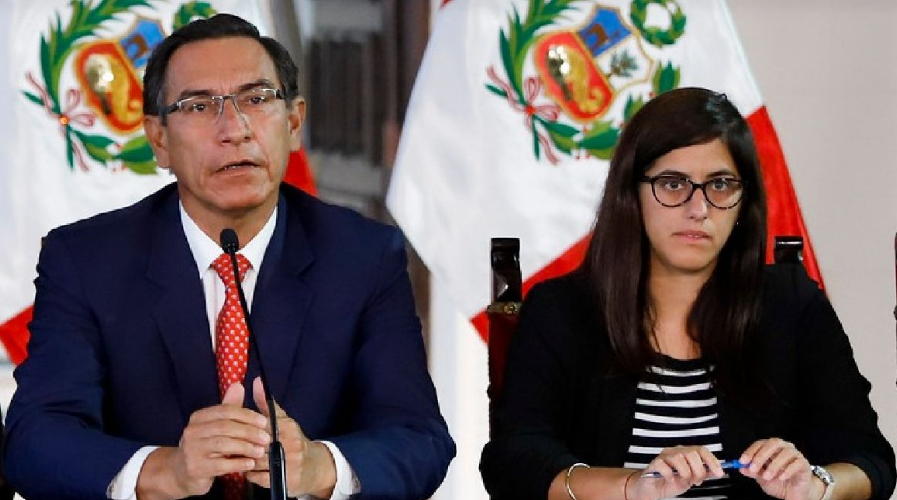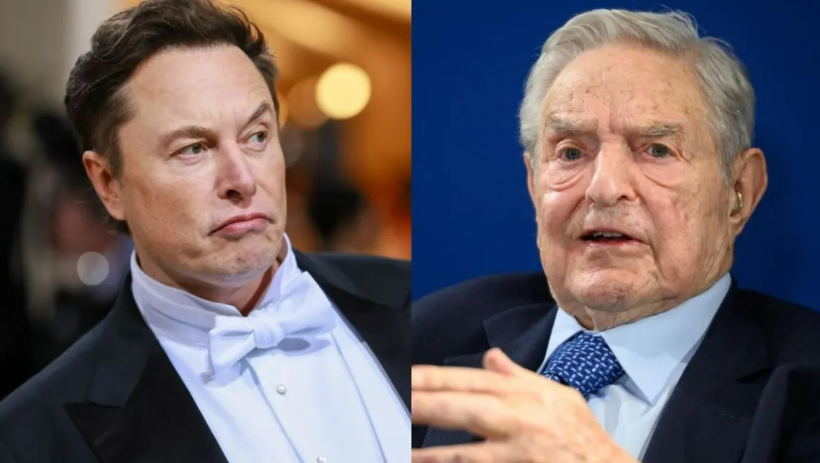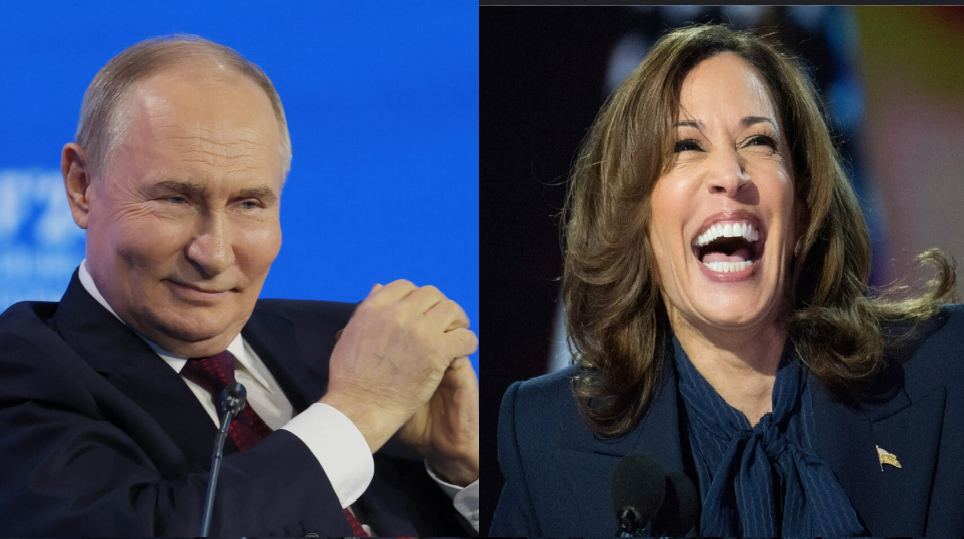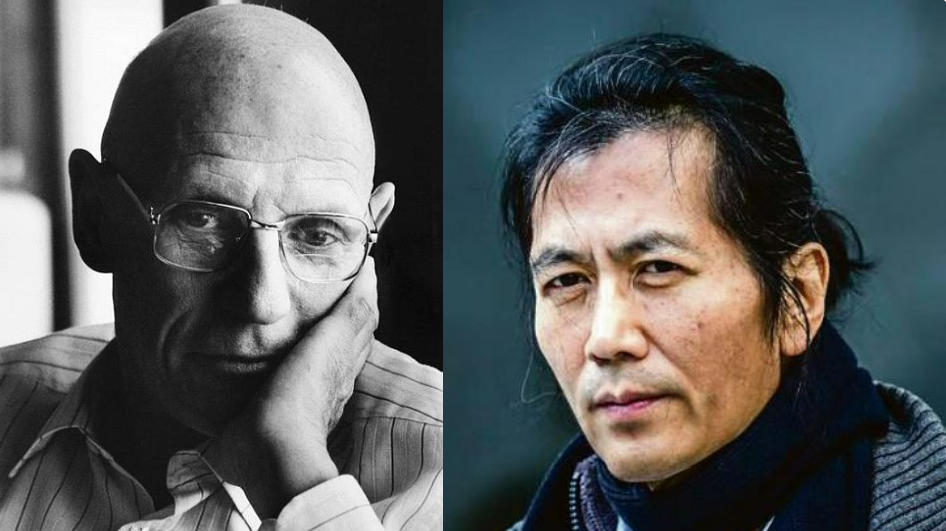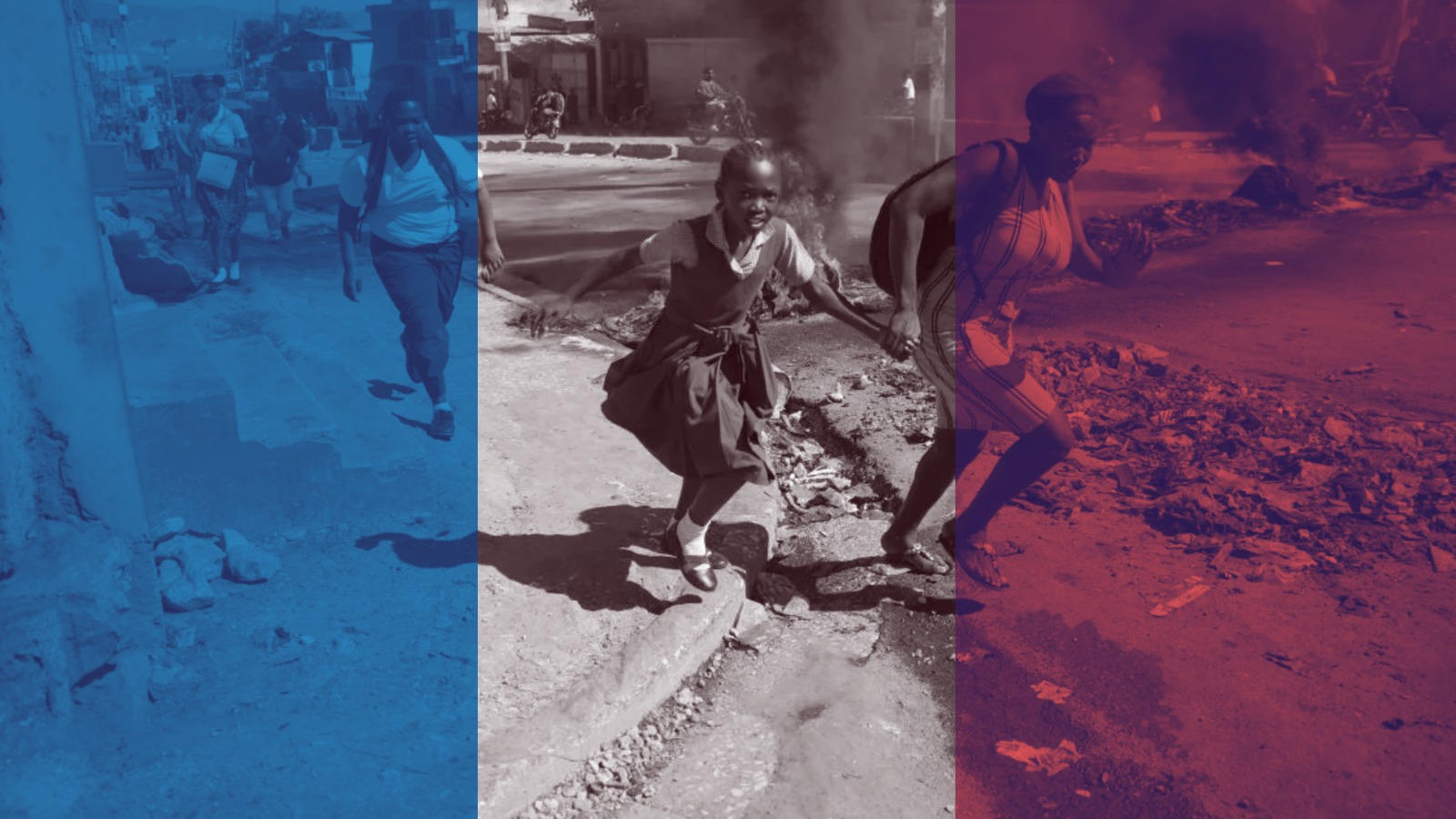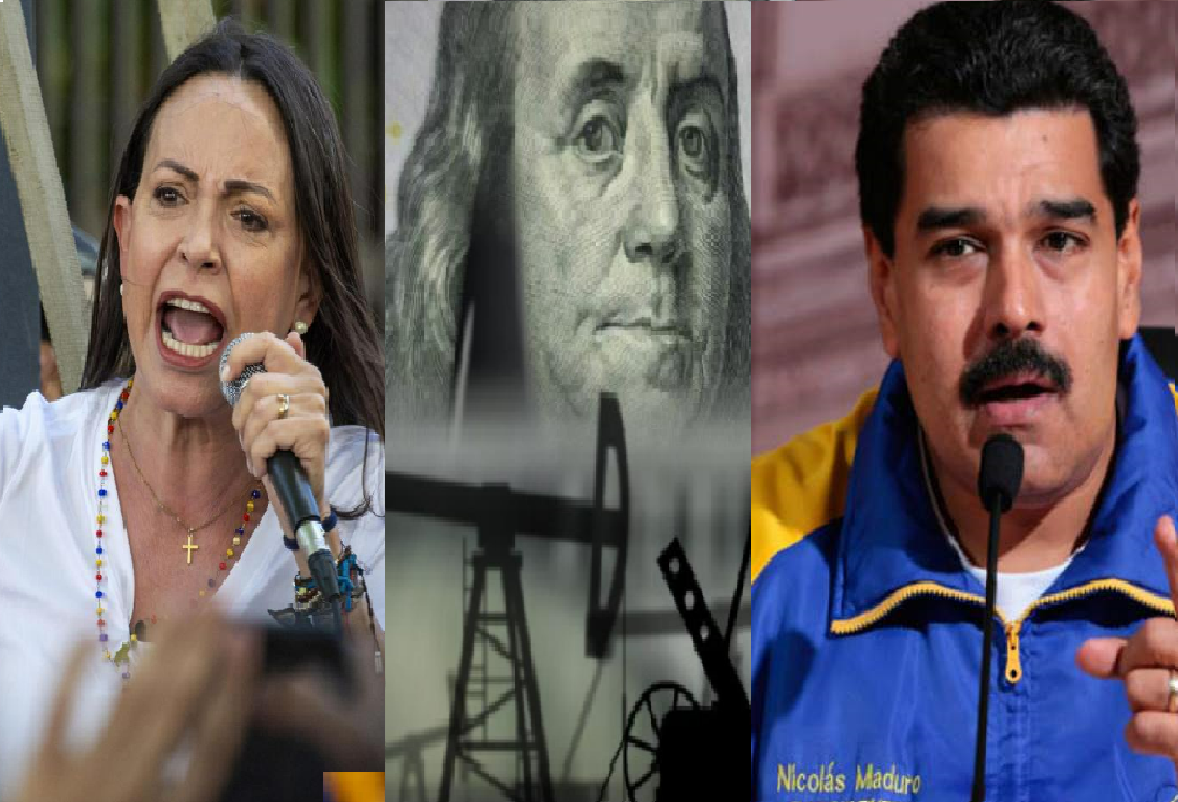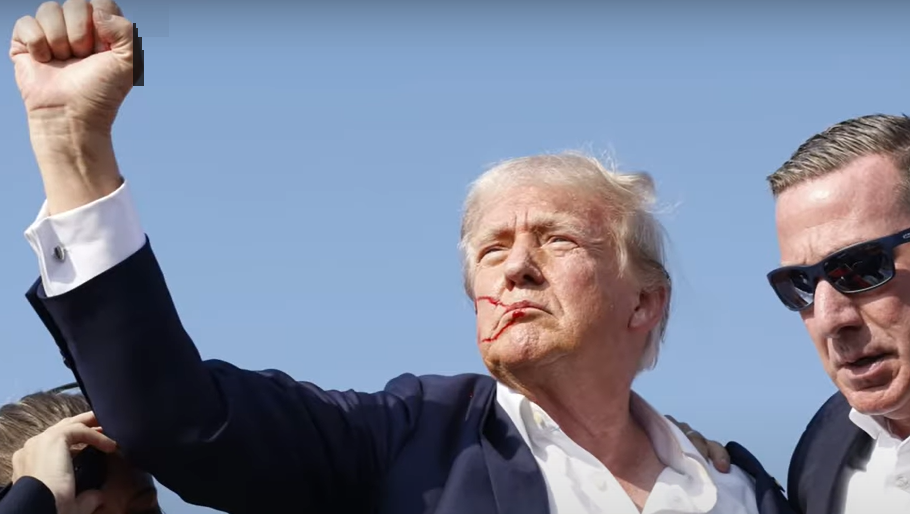World

Imagen: (EFE / M. Gutierrez / Borges
The BRISC summit: Brazil blocks the entry of Venezuela and Nicaragua.
Redacción:
The differences between Maduro and Lula Da Silva regarding the elections in Venezuela became evident in the face of Brazil's controversial decision to veto the entry of Venezuela and Nicaragua into th
https://500palabras.pe/en/world.php?noticias_id=25
he Differences Between Maduro and Lula Da Silva Regarding Elections in Venezuela Became Apparent Amidst Brazil's Controversial Decision to Block Venezuela and Nicaragua’s Entry into the BRICS Group. Brazil's special presidential advisor, Celso Amorim, stated on Thursday that Venezuela's exclusion from the BRICS group was not due to political reasons, but rather a "break in trust" with Nicolás Maduro's regime (EFE). Similarly, Brazil also vetoed Nicaragua's entry, but for political reasons. During the meeting, the entry of new members such as Iran, Egypt, Ethiopia, and the United Arab Emirates was also formalized. Among these invited nations was Argentina, which declined the invitation after Javier Milei assumed power. Additionally, the potential entry of a key member remains pending—a nation whose inclusion would make the group the strongest in terms of energy resources: Saudi Arabia. At the end of the summit, Russian President Vladimir Putin announced the creation of a list of partner countries, stating that being part of this group would be the first stage toward full BRICS membership, to be finalized when the group decides to expand. Putin did not detail the names of the associated countries; however, Cuban media celebrated the entry of the island along with 12 other countries into the BRICS-associated nations group. In addition to Cuba, the group reportedly includes Algeria, Belarus, Bolivia, Indonesia, Kazakhstan, Malaysia, Nigeria, Thailand, Turkey, Uganda, Uzbekistan, and Vietnam. For now, these thirteen countries are those that, in the future, when BRICS decides to expand, could apply for full membership. VETO POWER The selection of these thirteen countries, now forming the BRICS-associated nations group, reflects Lula Da Silva’s veto power. Lula has always advocated for consensus in selection processes, and although he did not attend the event after an accident at his home over the weekend, through his foreign minister, Mauro Vieira, who led the Brazilian delegation, he exercised his veto power, particularly against Venezuela. According to analysts, Venezuela and Cuba were the strongest candidates for entry, as they had the backing of Russia, China, and Iran. With Nicaragua, the political rift arose after the Ortega-Murillo regime expelled Brazilian Ambassador Breno Souza da Costa for not attending the 45th-anniversary celebrations of the Nicaraguan Revolution. This led to a reciprocal measure by Brazil, which expelled Nicaragua’s ambassador, Fulvia Patricia Castro Matus, before finally breaking diplomatic relations between the two countries.


